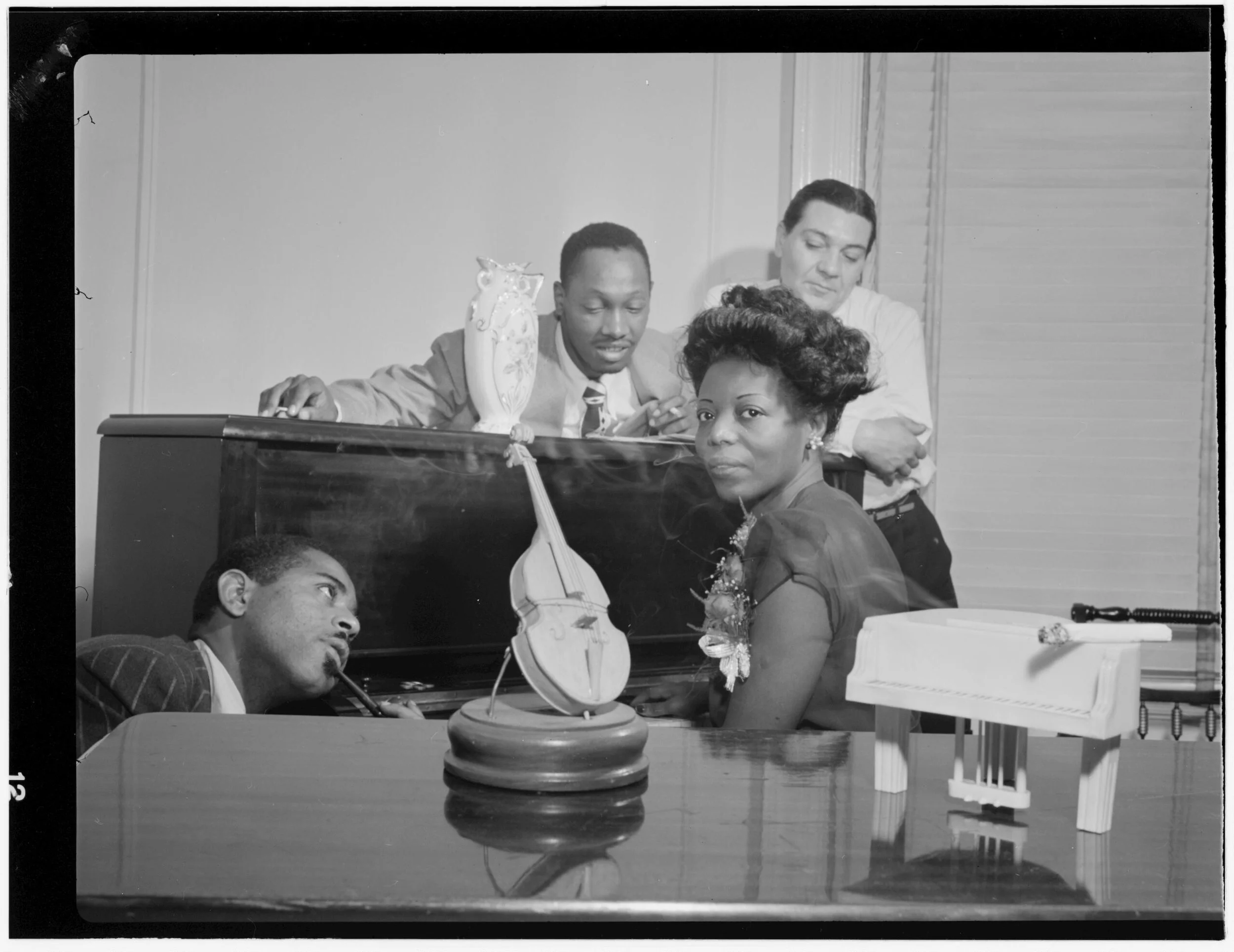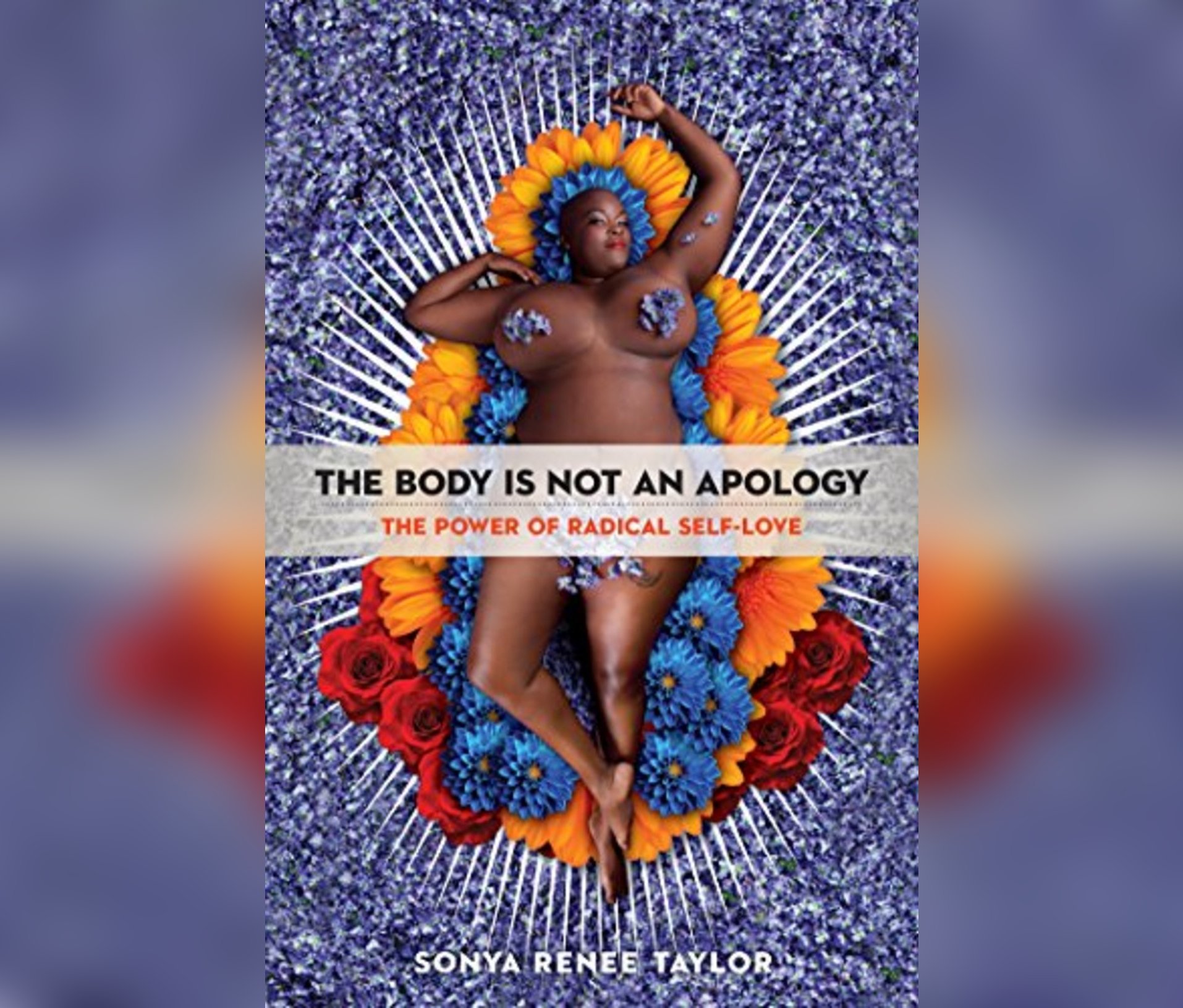Giving Credit Where Credit is Due: Avoiding Erasure, Tokenization, and Dehumanization
“The internet is an interesting place. We share a lot on the web and never really stop to think about what we’re sharing or where it came from, but every meme, every viral video, is someone else’s intellectual property. Someone took time to create these things, and we just carelessly take screenshots and repost them without giving credit or recognizing that what we’re doing is stealing. It’s something that most of us do. You just never realize how bad it actually sucks until it happens to you.” – Kiesha Bowles in her essay titled, “Behind the Meme: Crediting Black Women for Their Intellectual Property,” published on For Harriet.
In an article from The Root titled, “Intellectual Property: Owning What's Yours,” Latoya Peterson talks about intellectual property and uses the incidents of appropriation that have occurred with Black jazz musicians to get her point across. She introduces Dave Brubeck, an American jazz pianist and composer, who was considered to be one of the foremost exponents of cool jazz.
One google search and you can find his legacy being hailed in The Atlantic and The New Yorker. But you don't really hear about the way he stole and appropriated Jazz from Black musicians. Dizzy Gillespie, Miles Davis, Duke Ellington, and Clora Bryant, were all pushed to the side by mainstream attention zeroing in on their appropriating white counterparts. Name a famous white musician and they probably took their sound from a Black musician. Black artists and performers created virtually every original American musical genre.
One prime example is Muddy Waters and the Rolling Stones. Waters was a major influence on the English rock band, but he was largely ignored. The band took the title of Waters' song, "Rollin’ Stone,” for their own.
Another iconic jazz leader was Mary Lou Williams (May 8, 1910 -- May 28, 1981). She was an American jazz pianist, composer, and arranger. Williams wrote hundreds of compositions and arrangements, and recorded more than one hundred records (in 78, 45, and LP versions). Williams wrote and arranged for such bandleaders as Duke Ellington and Benny Goodman, and she was friend, mentor, and teacher to Thelonious Monk, Charlie Parker, and Dizzy Gillespie, but we hardly ever hear about her.
[Portrait of Dizzy Gillespie, Tadd Dameron, Mary Lou Williams, and Jack Teagarden, Mary Lou Williams' apartment, New York, N.Y., ca. Aug.| Library of Congress]
"Berry was an originator, but in 1950s America, no black man could ever be anointed the king of anything," writes Renee Brown in an impeccable essay for the Boston Globe titled, "Sorry, Elvis - Chuck Berry is the King of Rock n' Roll." Brown details the skewed and white-washed legacy of Rock n' Roll and how Chuck Berry is actually, and always has been, king. Whiteness has been co-opting Black culture in this country since the first slave ships arrived on the shores of this stolen land. Colonization is ongoing. White people are still colonizers and they continue their legacy of colonizing through acts like appropriation. It is not something to take lightly in any of its many forms from music, to hair, to language, to writing.
When talking about ideas, historical happenings, events, if we are quoting someone, if we are listening to something, we must ask ourselves where did this come from, what are the roots? We have to dig and do some research. Even small things like memes need credit where credit is due, and if we can start taking the small things seriously than ideally we will be able to look out into the world and take the bigger picture in and take it seriously as well. This is a way to illustrate how the micro and macro picture affect each other, and in these cases how these appropriative circumstances uphold white supremacy.
Always finding out the source is important, so that we can know the truth, and stop the heritage of erasure and co-optation from happening. Since this country was built on genocide and the backs of slaves, when we look around our world we have to ask ourselves: what do we enjoy that has been stolen?
Appropriation is damaging and harmful. It has led to opportunities and doors opening for white people, while people of color are left in debt. We don't only see appropriation in music, we also see this in science, technology, and art. We see this at protests and even within the feminist movement.
Intellectual appropriation can be conniving because white people can easily convince themselves that they are honoring someone or paying tribute to a revolutionary figure by using their quotes, but too often we see misrepresentation, whitewashing, and straight up erasure. MLK Jr. was anti-capitalism, but Ram Trucks knows their way around marketing and has no conscious. This kind of appropriation leads to erasure. This is only one of the endless examples where Black intellectual property is co-opted to sell a product. In the Ram Truck commercial they use the words of Martin Luther King Jr. to bolster their marketing campaign and project an all-American narrative.
This is what MLK, Jr. actually thought about car commercials.
Image from TooFab.com
White people are always taking MLK Jr. quotes out of context for their protest signs, to justify their racist colorblindness, or co-opting nonviolence to justify their inability to address the ways in which they uphold white supremacy through their hypocritical views on issues like police brutality, immigration, or mass shootings. People will often quote MLK Jr. and other revolutionary figures without truly understanding what they were saying, without researching the historical context, and without examining their unique positions of power in our country’s racial hierarchy.
Recently, there was a glaring example of intellectual appropriation that occurred at Outdoor Retailer, the bi-annual outdoor industry trade show (a place where eco-jocks can jack off to their gear and talk about how "outdoorsy" they are). I spoke at a speaking engagement which was organized by an, "adventure capitalist," a white woman who runs a ski and snowboard company. She created the event to discuss how women were creating a new future for the outdoor industry. Sounds very woman empowerment-y right? But she was using Audre Lorde to push this agenda forward. She chose to use Audre Lorde’s words, “The master’s tool will never dismantle the master’s house,” in an attempt to address misogyny and sexism in the outdoor industry, while failing to acknowledge the institutionalized ways that oppressive structures exist in the industry like racism, homophobia, ableism, classism, to name only a few. It is nothing new that white women only address the issues that directly affect them.
Marketplace feminism via Coalition Snow
Audre Lorde was a self-proclaimed Black feminist, lesbian, poet, mother, warrior. This was a complete bastardization of Audre Lorde’s work and legacy as a revolutionary leader for queer Black women and all marginalized people. Lorde spoke about white women needing to step up and be accountable for their whiteness, and for their inherent oppressive behavior - the way suffragettes intentionally ignored black women’s presence and issues when they were vying to get the vote. This panel that was being held was horribly classist, ableist, white-washed, and exclusive. The majority of women were white-passing. With such resources, the event could have been a dynamic discussion, but instead, it was deduced to each woman getting only two minutes to speak.
We need to be actively looking out for appropriation and pushing against it. We need to be engaging in these difficult conversations about racism and our role in upholding systemic and institutional racism. We must examine our positions in racial hierarchy. We must practice self-critique. Otherwise, you end up making huge mistakes. White people often normalize racism through appropriation and when we do not call it out or confront it, we become complicit. This means that we have a hand in the continuation of appropriation if we are not working towards actively stopping it and/or interrupting it.
PRACTICE HUMILITY, ACCOUNTABILITY, AND RECIPROCITY.









